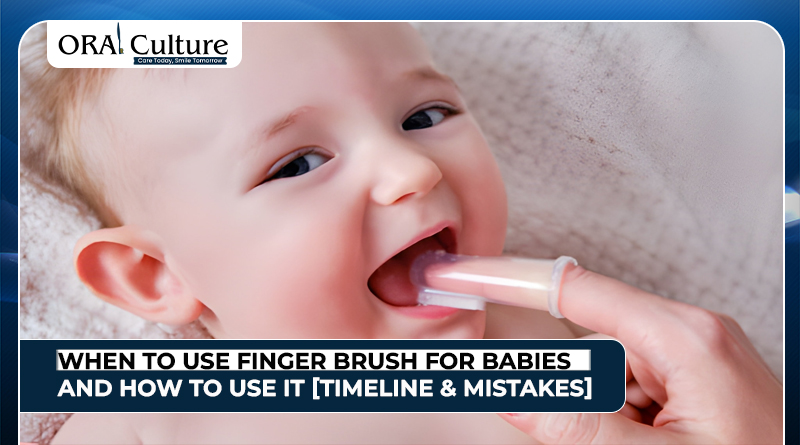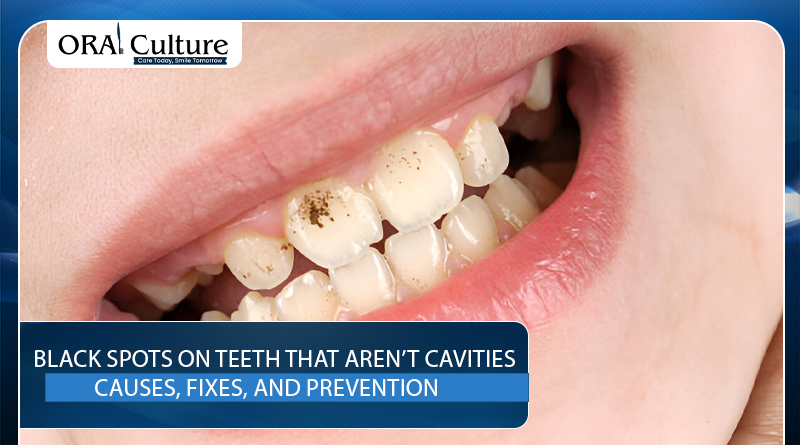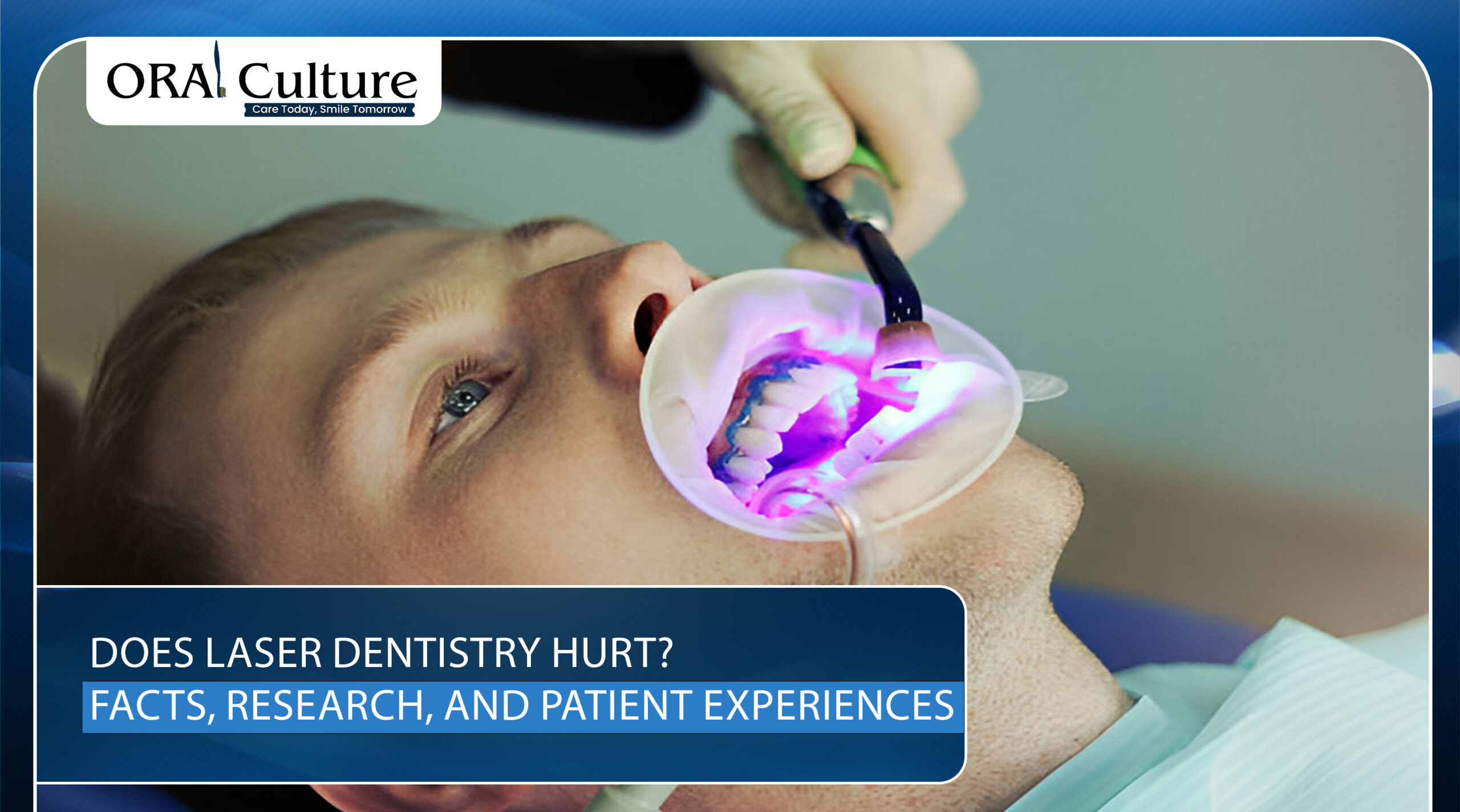You can kill a tooth pain nerve permanently, but not in 3 seconds, and certainly not without professional help. Instant fixes don’t exist when it comes to nerve pain in teeth. However, the proper dental treatment can remove the pain permanently.
What Is Tooth Nerve Pain?
Tooth nerve pain is the sharp, sometimes throbbing pain you feel when the inner nerve of your tooth gets irritated or infected. This nerve is located in the pulp, the tooth’s soft component. It has blood vessels and tissues that keep the tooth alive.
If that nerve is damaged by decay, cracks, trauma, or infection, it can cause intense pain. It might hurt when you eat, drink something cold or hot, or sometimes even without doing anything.
Have you ever had a tooth that suddenly starts hurting in the middle of the night, and no medicine works? Usually, that is nerve pain. It’s an indication that there’s a major issue with your tooth.
Can You Kill a Tooth Nerve in 3 Seconds?
No quick-fix potion, kitchen hack, or secret drop can instantly and permanently shut down a tooth nerve in just three seconds.
You might find online videos or posts saying that garlic, alcohol, or sharp tools can help. These are not safe and can make things worse. You might numb the area briefly, but the pain will come back, usually stronger.
To kill a tooth nerve permanently, you need professional treatment from a dentist.
What Works with a Tooth Nerve Pain?
Two main dental procedures remove or kill the tooth nerve permanently:
1. Root Canal Treatment
This method is widely trusted and delivers the best results.
- First, the dentist numbs the painful area so you won’t feel discomfort.
- After that, they carefully extract the tooth’s pulp and injured nerve.
- To avoid recurring infections, the area is meticulously cleaned and disinfected.
- The tooth is then sealed and, for strength and protection, usually covered with a crown.
According to research, root canal treatments have a success rate of over 95% and help save the natural tooth.
Yes, it takes longer than 3 seconds, but the relief is permanent.
2. Tooth Extraction
Your dentist could advise the extraction of the entire tooth in extreme situations where the tooth is severely damaged. Since the tooth is gone, the nerve is also dead.
After removing a tooth, you might need a dental bridge or implant to fill the gap and restore your smile.
Why Doesn’t a Quick Fix Work?
Let’s say you try clove oil, salt water, or ice. For a time, these can dull the pain that comes. The infected nerve, however, remains.
And what comes next?
- It hurts again.
- If left untreated, the infection can travel beyond the tooth, reaching your cheek, jawbone, or even entering your bloodstream.
- You might end up needing emergency dental care.
Think of it like putting tape on a leaking pipe. It might temporarily stop water, but the damage is still happening underneath.
4 Temporary Ways to Soothe Tooth Pain (But Not Cure It)
These techniques can help reduce pain as you wait for a dentist visit. They may give you some time and relief, but won’t solve the issue.
1. Cold Compress
Applying a cool compress to the outside of your cheek, near the sore spot, can reduce swelling and discomfort. Cold temperatures constrict blood vessels, slowing the passage of pain impulses and reducing swelling.
2. Over-the-Counter Pain Relievers
Ibuprofen (Advil) and acetaminophen (Tylenol) can aid with pain and inflammation. Ibuprofen works well to relieve pain caused by swelling, just be sure to follow the dosage guidelines on the packaging. Do not exceed the stated dosage, and avoid mixing drugs without seeing a doctor.
3. Saltwater Rinse
Warm saltwater rinses are a natural disinfectant. It cleans the mouth, reduces bacteria, and relieves sore gums and nerves.
Stir half a teaspoon of salt into a cup of warm water. Spit it out after using it to rinse your mouth for about 30 seconds. Do this two to three times daily for best results.
4. Clove Oil
Clove oil includes eugenol, a natural anaesthetic and antiseptic. It numbs the discomfort and kills microorganisms, providing temporary relief.
Press a cotton ball against the sore spot after dipping it in a few drops of clove oil. To avoid irritation, mix the clove oil with a carrier like olive oil before applying.
Important Reminder
These remedies only temporarily reduce the pain. They don’t treat the root cause, such as infection or nerve damage.
What Happens When You Ignore Tooth Nerve Pain?
Untreated dental nerve infections can result in:
- A painful abscess (pus buildup)
- Gum swelling and bone loss
- Severe infections that spread to other body parts
- Tooth loss
In some rare cases, untreated tooth infections can even become life-threatening. That’s why acting early is crucial.
Final Thoughts
Eliminating a tooth nerve’s pain in just 3 seconds at home is impossible; it requires professional care. That’s the honest truth.
But you can get permanent relief with the right dental care. The only proven methods are root canal treatment or extraction, done by trained professionals.
Don’t fall for internet myths. Don’t suffer silently.
Need Help? Oral Culture Is Here for You
If you’re in pain and want a safe, permanent solution, Oral Culture is ready to help.
People Also Ask
Can I use garlic or alcohol to kill a tooth nerve?
No. These can irritate the area more. They might numb the pain for a moment but won’t kill the nerve or treat the infection.
Is a root canal painful?
Not anymore. With modern numbing methods, most people say it feels like getting a regular filling. And the pain relief afterwards is worth it.
How can I tell if my tooth nerve is damaged?
If your tooth hurts when you eat hot or cold foods, or if the pain keeps you up at night, it could be a nerve problem. Only a dentist can confirm it with an examination or X-ray.
Does pain in the dental nerve go away on its own?
Sometimes the pain fades, but that doesn’t mean the problem is gone. It could mean the nerve is dead, leading to worse infections later.






